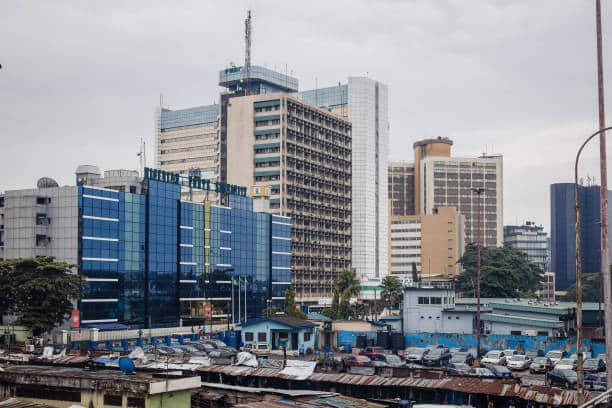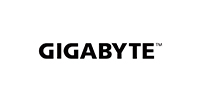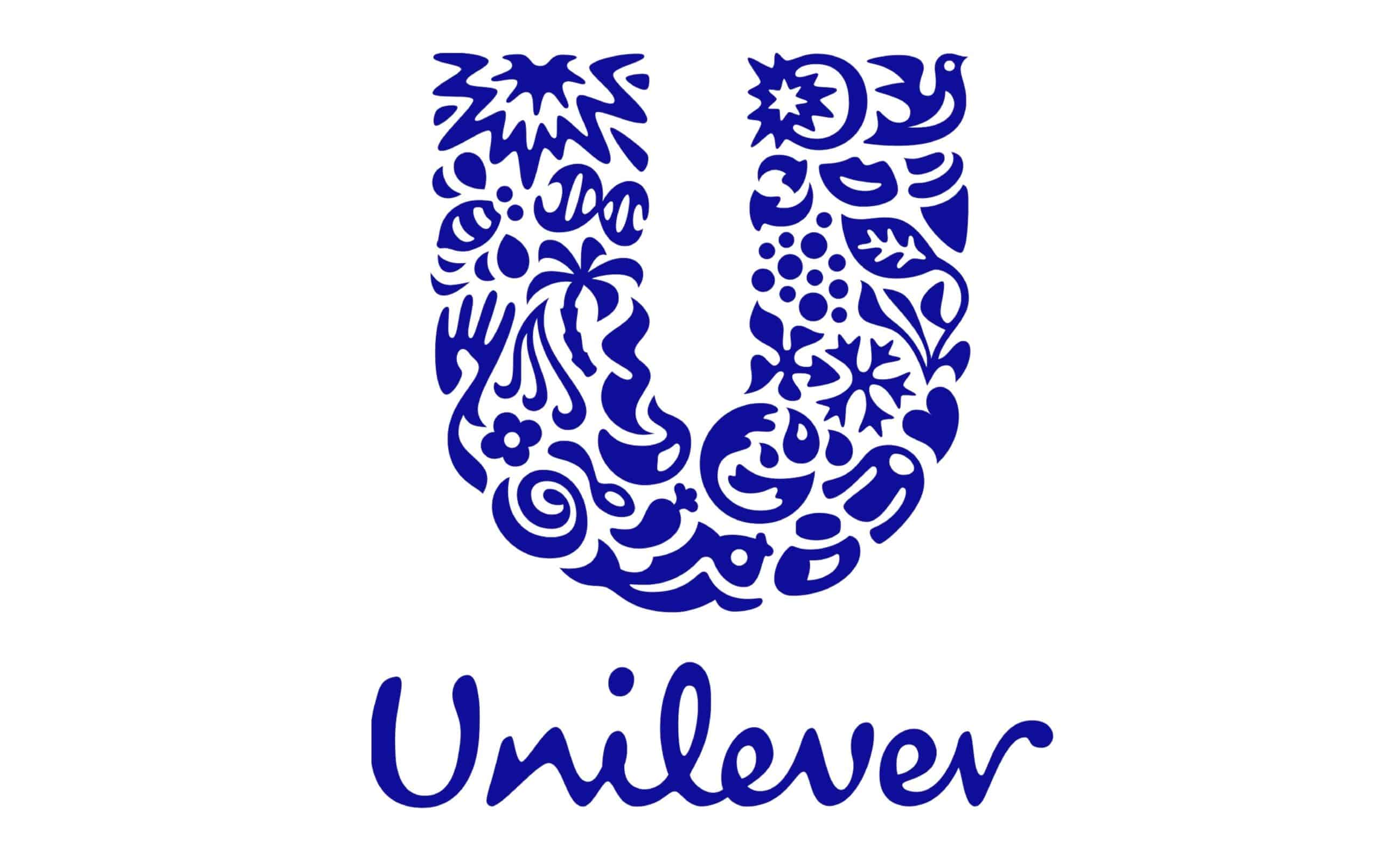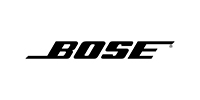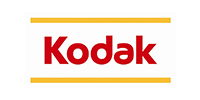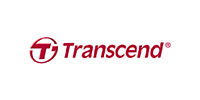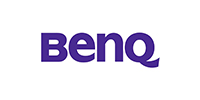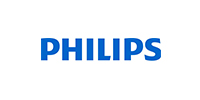Why Your Website Is Not Loading Fast—and How to Fix It

1. Introduction
Whether you’re a small business owner or an e-commerce operator in Nigeria, a slow website can cost you sales, engagement, and SEO rankings. In today’s high-speed digital world—where users expect instant responses—optimizing site speed isn’t optional, it’s critical.
In this guide, you’ll learn:
- Key reasons your website is lagging
- How to effectively speed it up
- Why Comilmart stands out as Nigeria’s fastest, most reliable e-commerce platform
- How MacverTech powers that performance excellence
2. Why Website Speed Matters – Especially in Nigeria
SEO & User Experience Go Hand in Hand
Google uses Core Web Vitals—like loading time, interactivity, and visual stability—as ranking factors. Slow sites often rank lower and drive visitors away. (lexiconn.in, Rubyroid Labs)
Bounce Rates Shoot Up
Every extra second a page takes to load increases bounce rates dramatically—by 32% from 1s to 3s! (lexiconn.in)
Users Expect Fast Loading
In Nigeria, where mobile browsing is dominant and data speeds vary, failing to optimize your site for performance could shrink your market reach significantly.
3. Common Causes of Slow Website Performance
Here are the usual suspects behind sluggish websites:
3.1 Heavy or Bloated Code & Too Many HTTP Requests
Multiple CSS, JS, and image requests bog down your site, increasing load time. (GeeksforGeeks, manektech.com)
3.2 Large Unoptimized Images & Media
High-res images and embedded media slow down rendering—even on fast connections. (Abbacus Technologies –, lexiconn.in)
3.3 Poor Hosting or Server Response (TTFB)
Cheap or shared hosting often results in slow server response times. (GeeksforGeeks, Abbacus Technologies –, Rubyroid Labs)
3.4 No Caching & No CDN
Without caching mechanisms or CDNs, repeat visitors and distant users experience slow load times. (manektech.com, renderly.dev)
3.5 Render-blocking Scripts & Heavy Plugins
Plugins and third-party scripts may delay site rendering and overload resources. (manektech.com, Abbacus Technologies –, Thrive Internet Marketing Agency)
3.6 Slow Databases & Poor Backend Code
Unoptimized database queries and messy code increase processing time before a page even begins loading. (Abbacus Technologies –)
4. Step-by-Step Speed Optimization Techniques
Here are tried-and-true strategies for a faster website:
A. Minimize HTTP Requests
- Combine CSS and JS files
- Use CSS sprites
- Load non-critical JS asynchronously
(GeeksforGeeks)
B. Optimize Images
- Compress and resize images
- Use modern formats like WebP
- Implement lazy loading for non-visible media
(GeeksforGeeks, techdailyinc.com, Thrive Internet Marketing Agency)
C. Enable Browser & Server Caching
- Use cache headers and tools like Redis or Varnish
(GeeksforGeeks, renderly.dev, Abbacus Technologies –)
D. Use a CDN
- Deliver content via distributed points for faster access
(Cloudinary, Rubyroid Labs, renderly.dev)
E. Minify & Compress Assets
- Remove whitespace in CSS/JS
- Use Brotli or Gzip compression
(Cloudinary, manektech.com, Thrive Internet Marketing Agency)
F. Optimize Server & Hosting Configuration
- Upgrade to VPS or dedicated hosting
- Configure HTTP/2 or 3, keep-alive, optimized DB
(Wise Growth Marketing, Rubyroid Labs, Thrive Internet Marketing Agency)
G. Audit & Remove Bulky Plugins or Scripts
- Limit plugins, remove unused ones, and audit third-party scripts
(manektech.com, Abbacus Technologies –, Reddit)
H. Streamline Fonts & UI Components
- Use system fonts or preload essential web fonts
(lexiconn.in, Rubyroid Labs)
I. Monitor Site Speed Regularly
- Tools like Lighthouse, GTmetrix, WebPageTest help track performance
(Cloudinary, GeeksforGeeks, Reddit)
5. Best Practices for E‑Commerce Platforms (Comilmart Case Study)
At Comilmart, we’ve built a fast, optimized marketplace by leveraging all the best practices:
- Optimized code: Minimal HTTP requests and lazy loading product images
- Strategic image compression and modern formats for quick display
- Strong caching and CDN use for smooth browsing across Nigeria and beyond
- Top-tier hosting and backend code optimization to handle large traffic
- MacverTech-powered infrastructure ensuring speed is not compromised
- Constant performance audits for continuous improvement
Because of this, Comilmart offers greater speed and a superior shopping experience compared to other local platforms.
6. How MacverTech Powers Faster Websites
Here’s how MacverTech, Comilmart’s IT backbone, ensures optimal site performance:
- Expert IT Services: Cloud hosting, cybersecurity, web development, and disaster recovery (MacVerTech)
- Custom solutions tailored for speed and scalability
- Quick support and ongoing monitoring for performance health
- Seamless platform upgrades that keep Comilmart fast and responsive
7. Pro Tips for Ongoing Speed Maintenance
- Schedule monthly site audits using Lighthouse/GTmetrix
- Keep code clean and remove unneeded plugins
- Optimize product images before upload
- Monitor server response (TTFB) regularly
- Review third-party scripts and remove inactive ones
- Use RUM monitoring to understand user experience in real time
- Ensure mobile performance remains fast, not just desktop-focused (@turn0academia37)
8. Conclusion
A fast-loading website is essential—not just for SEO, but for user retention and satisfaction. By diagnosing issues like poor hosting, large media, render-blocking assets, and unoptimized code, you can dramatically speed up your site.
Comilmart delivers a consistently quick and reliable shopping experience—built through best practices and powered by MacverTech’s IT excellence. Need help accelerating your site? Let us guide you to performance perfection.
Citations
- Speed impact on SEO & UX (lexiconn.in)
- Causes of slow websites (manektech.com, Abbacus Technologies –, GeeksforGeeks)
- Optimization techniques (minify, cache, CDN, etc.) (Cloudinary, Wise Growth Marketing, techdailyinc.com, renderly.dev, Rubyroid Labs, Thrive Internet Marketing Agency)
- Mobile & real-user perspective (arXiv, Reddit)
- MacverTech services (MacVerTech)
- Comilmart business overview (comilmart.com)









